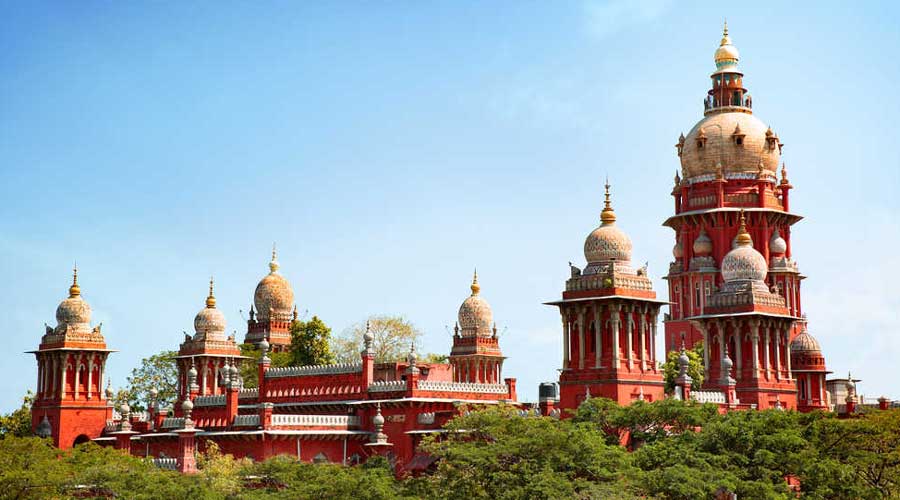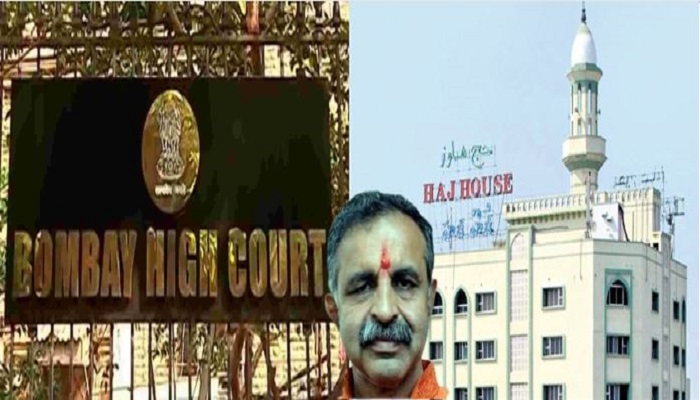Madras HC stays criminal case against poet for reciting poem that depicted Lord Rama, Hanuman, and Lakshman as manual scavengers

[ad_1]
The Madras High Court recently stayed legal actions taken against Poet and Assistant Director P Vigneshwaran, also known as Viduthalai Sigappi, for his recital of a poem that portrays Lord Rama, Lord Hanuman, and Lord Lakshman as manual scavengers.
The accusation against Vigneshwaran pertains to an incident on April 30, 2023, during which he recited a poem at an event. In the poem, he portrayed Lord Ram, Hanuman, and Lakshman as manual scavengers. The poem further depicted Goddess Sita sealing a manhole while the others worked inside, and subsequently departing for Sri Lanka, leaving behind a note urging readers not to unseal the manhole.
Alleging that the poem had the potential to hurt the religious sentiments of a significant section of Hindus and constituted a derogatory act against Hinduism, a legal case was filed following a complaint by Suresh Parthasarathy, a prominent figure in the Bharath Hindu Munnani. The charges were raised under Sections 153, 153(1)(a), 295A, 505(1), and 505(2) of the Indian Penal Code.
In an attempt to stop the legal proceedings against him, Vigneshwaran asserted that his motive was not to cause harm to any individual or religious belief. Rather, the aim was to highlight the challenging circumstances faced by manual scavengers and women, he claimed. He further added that the poem had been presented at a literary gathering organised by a movement dedicated to combatting caste-based discrimination. Thus, he argued that the poem’s intent needed to be interpreted in light of this context.
Furthermore, he contended that expressing the struggles endured by those coerced into manual scavenging through a literary composition should not be construed as an offence. He maintained that this act was indeed safeguarded by the constitutional right to freedom of speech and expression as enshrined in Article 19(1)(a).
In his affidavit, Vigneshwaran stated that even if the claims made in the complaint were to be considered at face value and wholly accepted, they would not amount to an offence. He argued that the legal system in India has evolved a forward-looking legal doctrine aimed at safeguarding artistic freedom of expression. Drawing upon several rulings by the Supreme Court, he further emphasised that the First Information Report (FIR) should be dismissed as it constituted an improper exploitation of the legal process.
Vigneshwaran further highlighted that the fundamental prerequisites necessary for invoking Sections 153, 153A, and 295A of the Indian Penal Code were not present in the present circumstances. He clarified that although the poem he recited did feature characters named after Hindu deities or mythical beings, it abstained from containing any allusions to other faiths or any material that could potentially inflame conflicts or cultivate feelings of strife, enmity, or resentment among different religious groups.
[ad_2]
Source link



